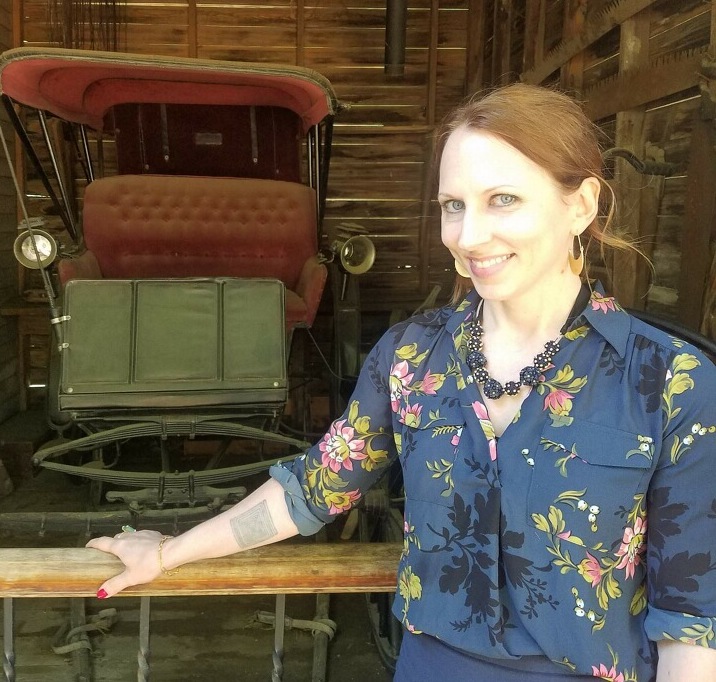
I focus on nineteenth-century U.S. cultural history, the Gilded Age, race and sexuality and performance studies. I also have interests in scandals, visual and pop culture, African American studies, Asian American studies, and LGBTQ history. I hold a Ph.D. in American Studies from Yale and currently work as a Visiting Assistant Professor at UT Dallas. My book manuscript in progress focuses on an array of elopement scandals between coach drivers and heiresses in the Gilded Age.
Some of my interests that extend beyond academia also inform topics I bring into the classroom including criminal justice reform and mental health advocacy.
In addition to interdisciplinary teaching practices such as utilizing pop culture and multi-media sources including stand-up comedy and podcasts, I also employ sociological and psychological theories of empathy, emotions, and vulnerability into my methods and assignments. I often think about my experiences as a student that have stayed with me over the years, and those often have to do with emotional or affective connections to historical sources and experiences with my professors and fellow students. Even in large survey classes, I’m always trying to think about how to facilitate meaningful connection both between the students and historical sources and among all of us in the room. It is a live experience after all, and the improvisatory and human aspect of that is something I keep in mind. As Gil Scott-Heron said, “The revolution will not be televised.”
I focus on nineteenth-century U.S. cultural history, the Gilded Age, race and sexuality and performance studies. I also have interests in scandals, visual and pop culture, African American studies, Asian American studies, and LGBTQ history. I hold a Ph.D. in American Studies from Yale and currently work as a Visiting Assistant Professor at UT Dallas. My book manuscript in progress focuses on an array of elopement scandals between coach drivers and heiresses in the Gilded Age.
Some of my interests that extend beyond academia also inform topics I bring into the classroom including criminal justice reform and mental health advocacy.
In addition to interdisciplinary teaching practices such as utilizing pop culture and multi-media sources including stand-up comedy and podcasts, I also employ sociological and psychological theories of empathy, emotions, and vulnerability into my methods and assignments. I often think about my experiences as a student that have stayed with me over the years, and those often have to do with emotional or affective connections to historical sources and experiences with my professors and fellow students. Even in large survey classes, I’m always trying to think about how to facilitate meaningful connection both between the students and historical sources and among all of us in the room. It is a live experience after all, and the improvisatory and human aspect of that is something I keep in mind. As Gil Scott-Heron said, “The revolution will not be televised.”
